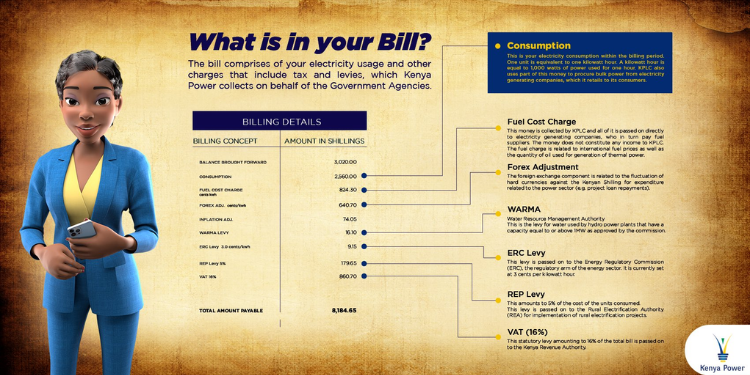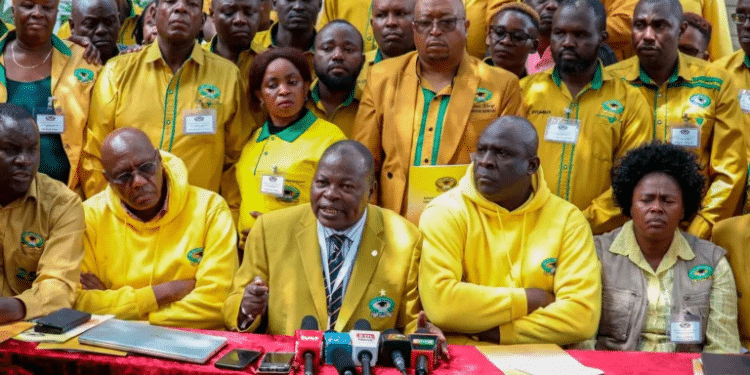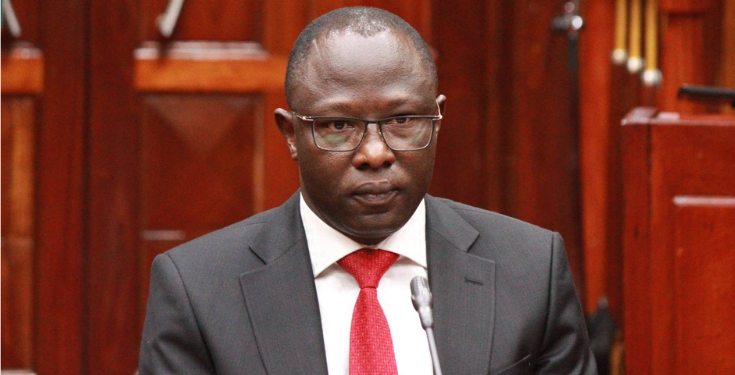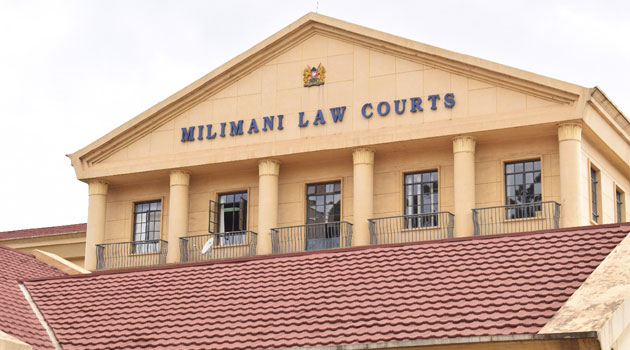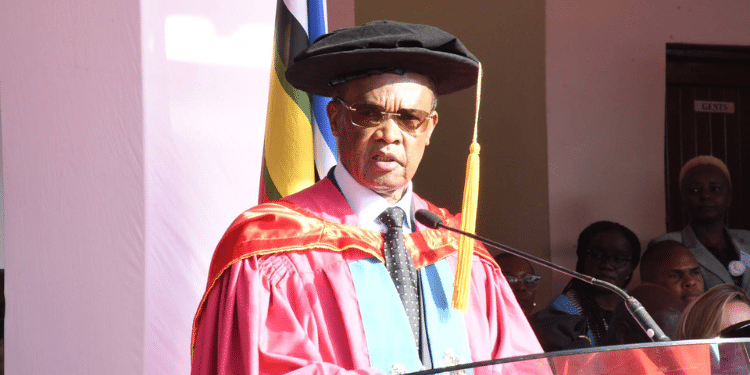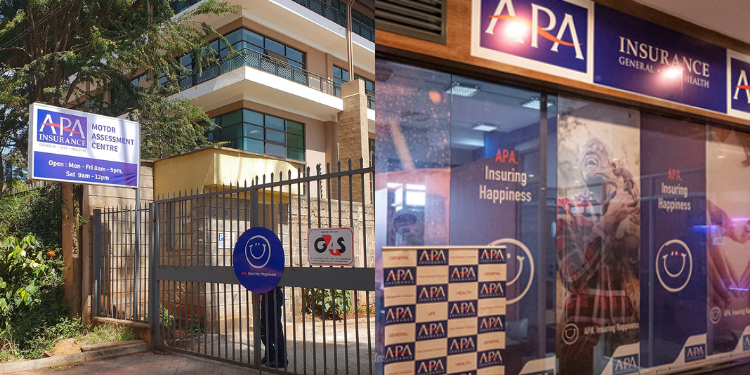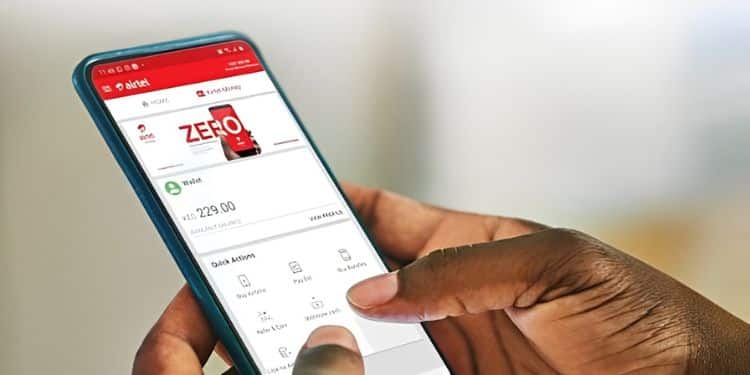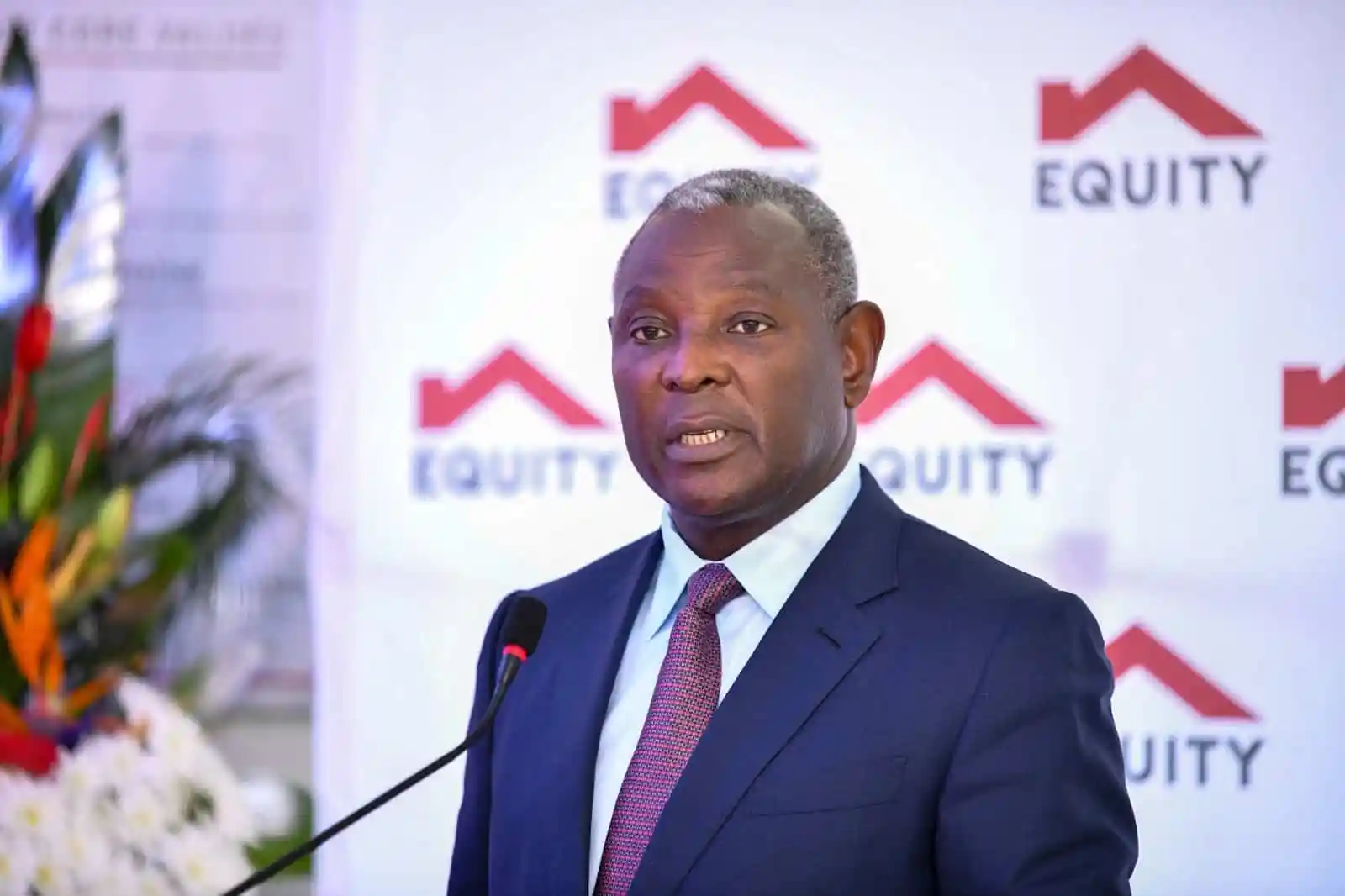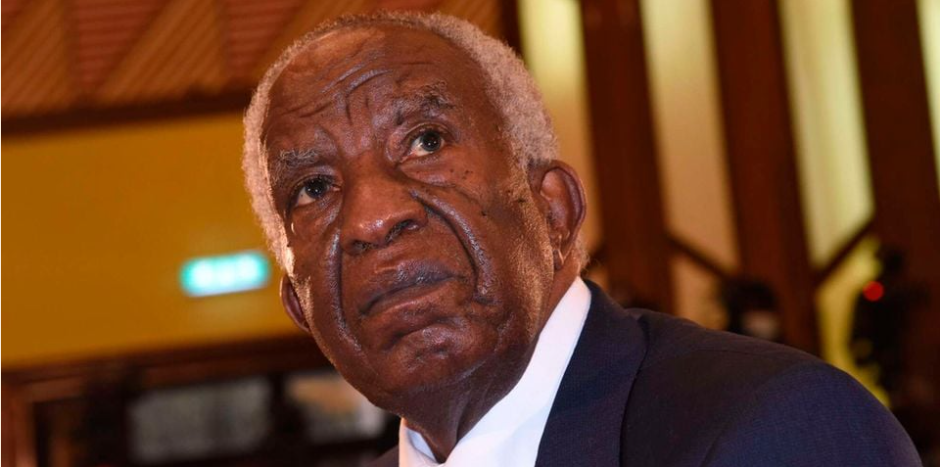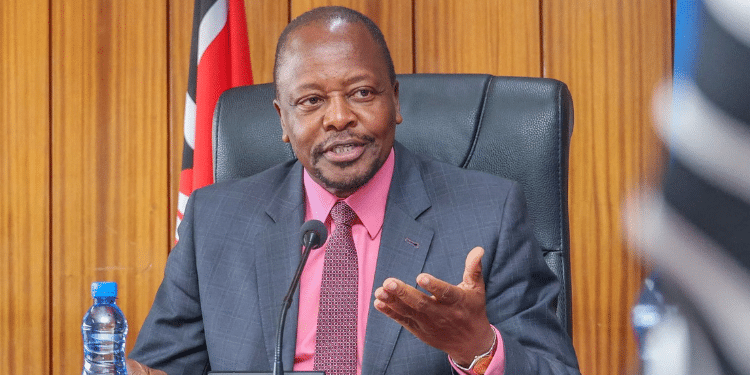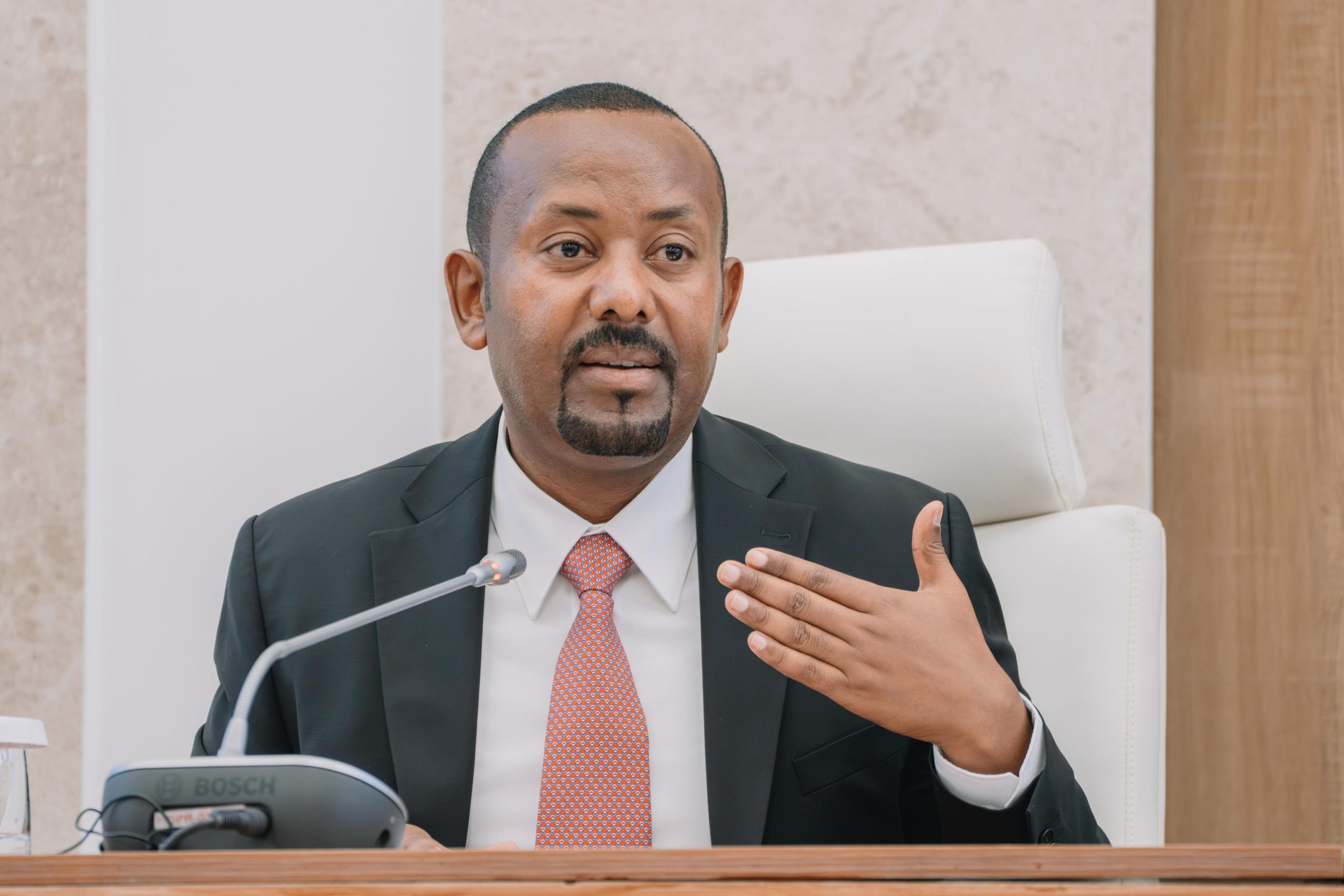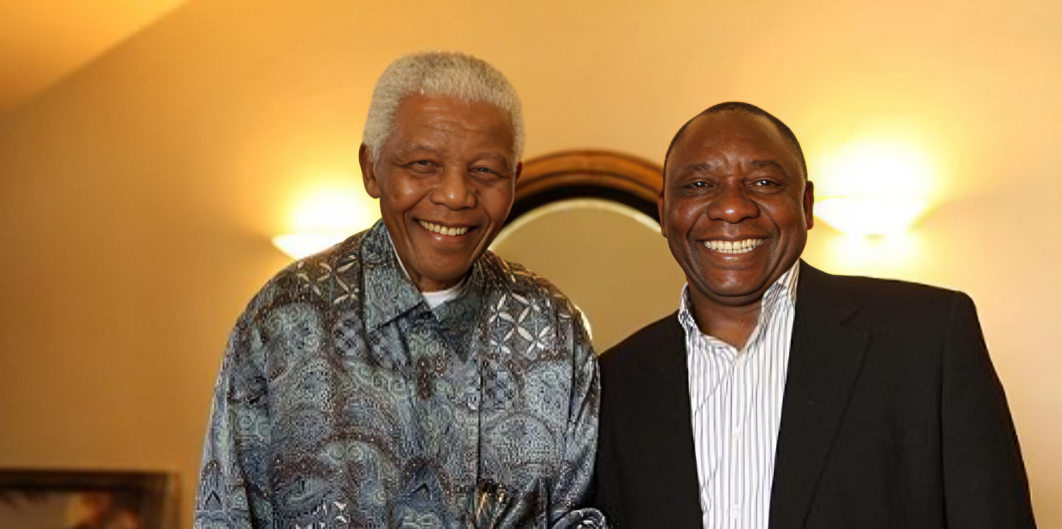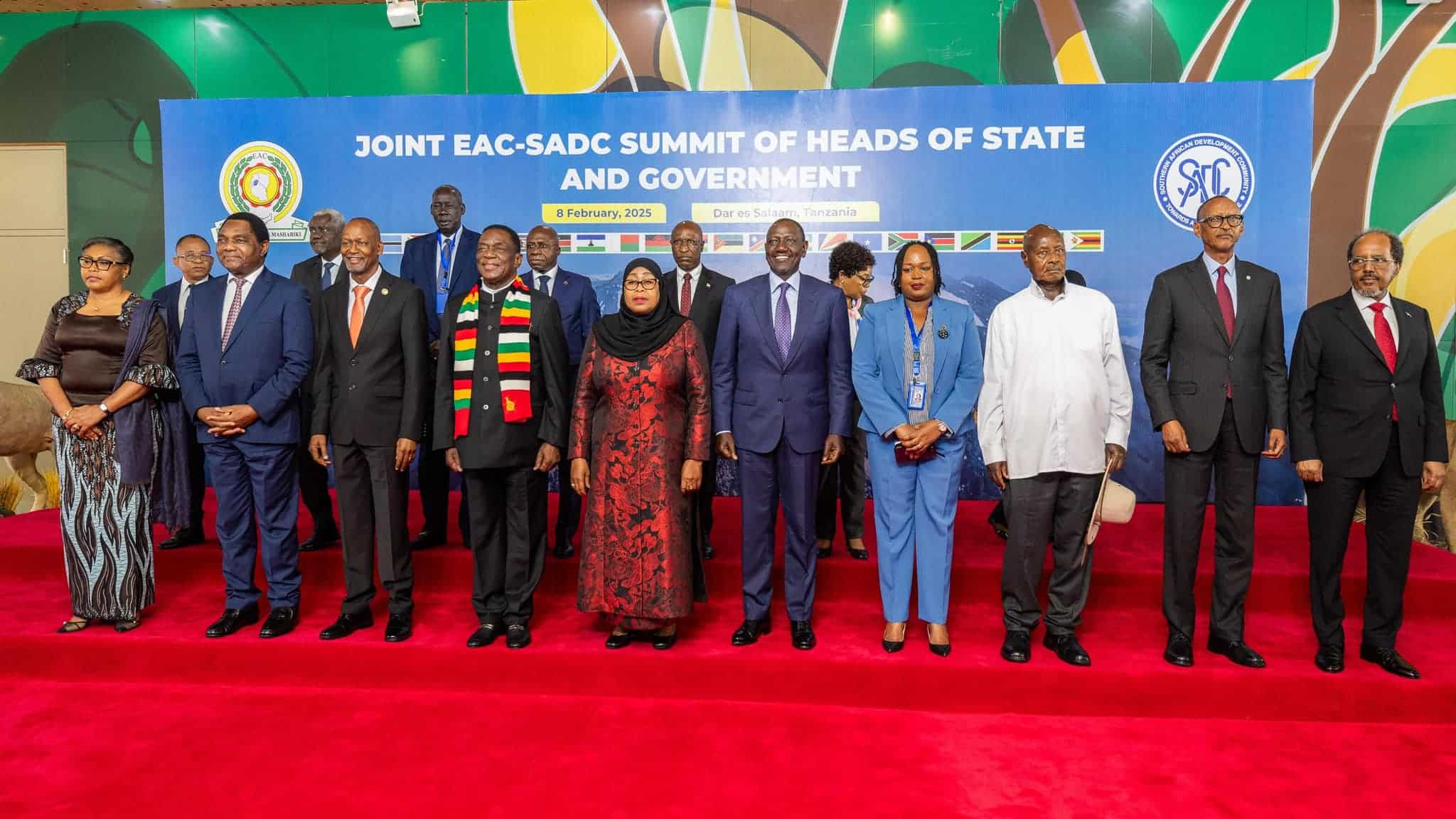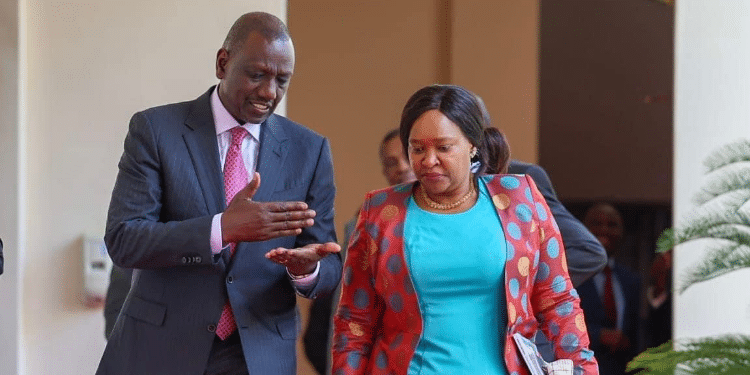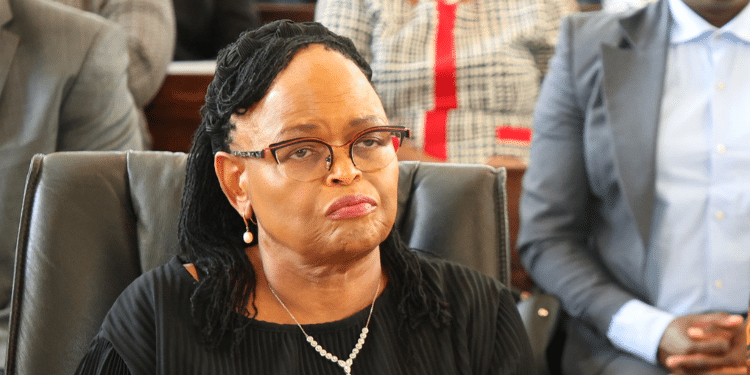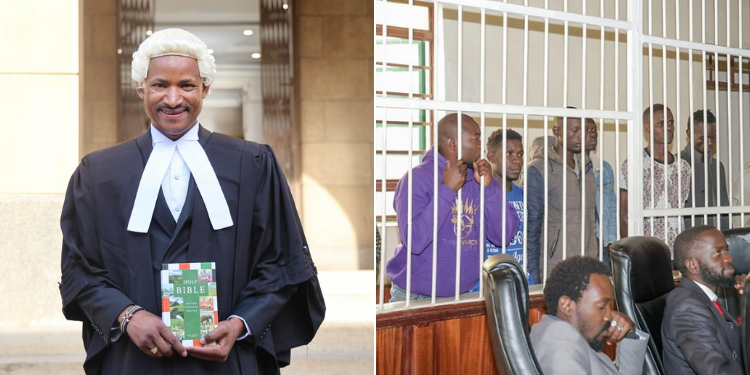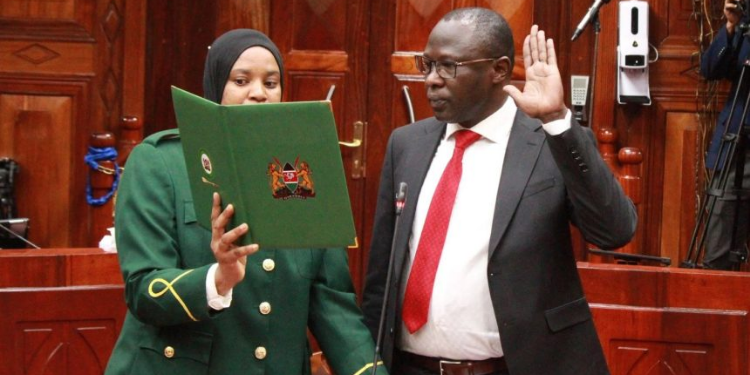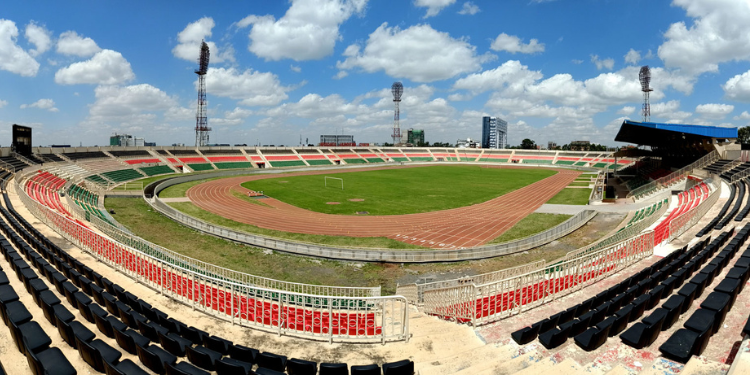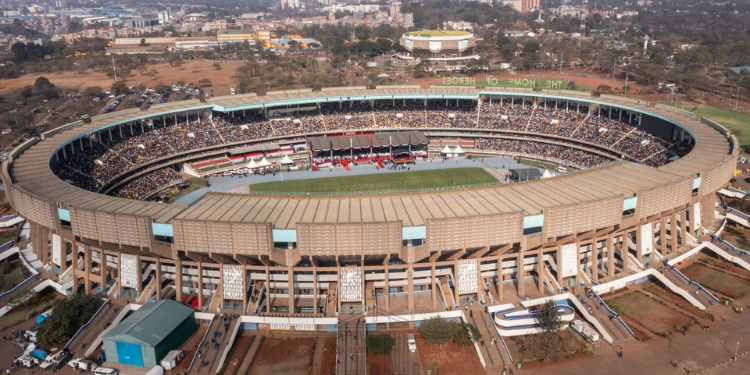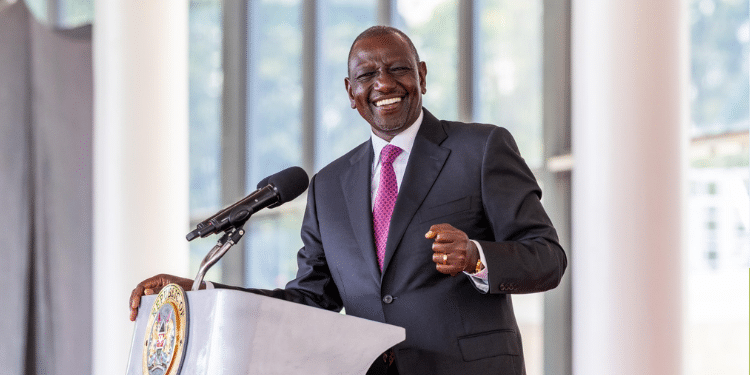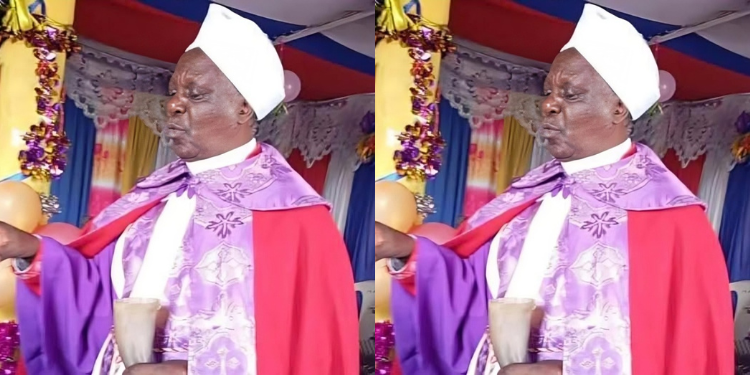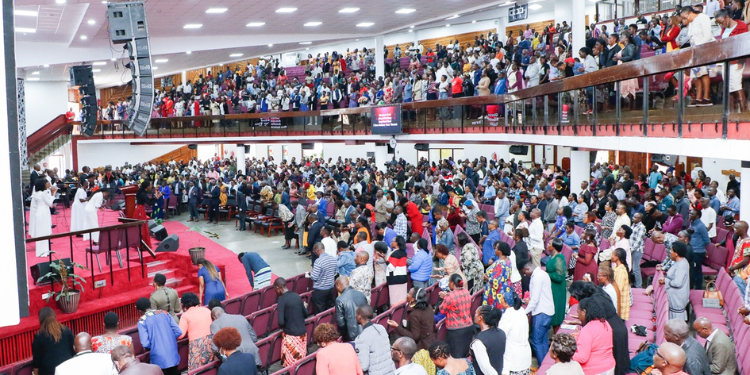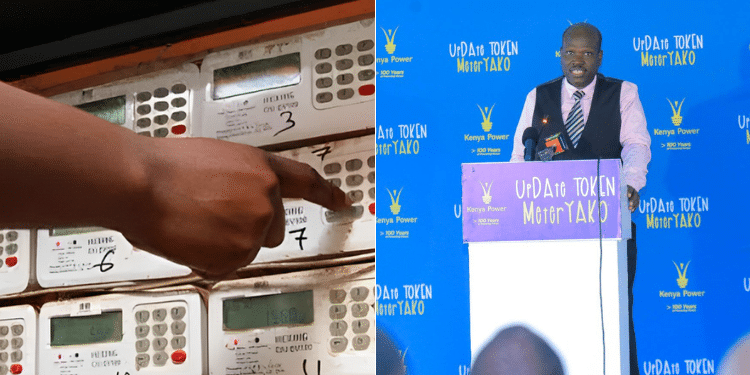Kenya Power has clarified how charges on electricity tokens are allocated.
Kenya Power stated that the bill consists of customers’ electricity usage and additional charges, including taxes and levies, which it collects on behalf of government agencies.
The company bills customers for electricity consumption during the billing period.
One unit corresponds to one kilowatt hour, which equals 1, 1,000 watts of power used for one hour.
KPLC also utilises a portion of this revenue to purchase bulk power from electricity-generating companies, which it then retails to its consumers.
It also collects taxes and third-party levies, including fuel cost charges.
Kenya Power collects this charge and forwards it directly to electricity-generating companies, who consequently pay fuel suppliers.
“The money does not constitute any income to KPLC. The fuel charge is related to international fuel prices as well as the quantity of oil used for the generation of thermal power,” Kenya Power stated.
Furthermore, Kenya Power gathers the foreign exchange component, which relates to the fluctuation of hard currencies against the Kenyan Shilling for expenses associated with the power sector (e. g. project loan repayments).
WARMA & ERC
Kenya Power also collects a levy on behalf of the Water Resource Management Authority (WARMA).
This levy pertains to water used by hydro power plants with a capacity equal to or exceeding 1 MW, as approved by the commission.
Additionally, the company collects the Energy Regulatory Commission (ERC) levy.
It forwards the levy to the ERC, the regulatory body of the energy sector.
It is currently set at 3 cents per kilowatt hour.
Also Read: List of Banks KPLC Customers Can Use to Purchase Tokens
REP & VAT
The company also collects the REP Levy, which amounts to 5% of the cost of the units consumed.
It passed this levy to the Rural Electrification Authority (REA) for the execution of rural electrification projects.
Finally, Kenya Power charges Value Added Tax (VAT) at 16%.
Kenya Power passes this statutory levy on to the Kenya Revenue Authority (KRA).
Also Read: How to Trade Extra Power for Token Discounts with KPLC
Kenya Power Gives a Practical Example
For instance, if you need to pay a total of Ksh8,184.65, you will have a Balance Brought Forward of Ksh3,020.00 and a Consumption charge of Ksh2,560.00.
Kenya Power will collect Ksh824.30 for the Fuel Cost Charge, Ksh640.70 for the FOREX Adjustment and Ksh74.05 for the Inflation Adjustment.
Other charges are as follows: WARMA Levy (Ksh16.10), ERC Levy (Ksh9.15), REP Levy (Ksh179.65) and VAT (Ksh860.70).
Follow our WhatsApp Channel and X Account for real-time news updates.
